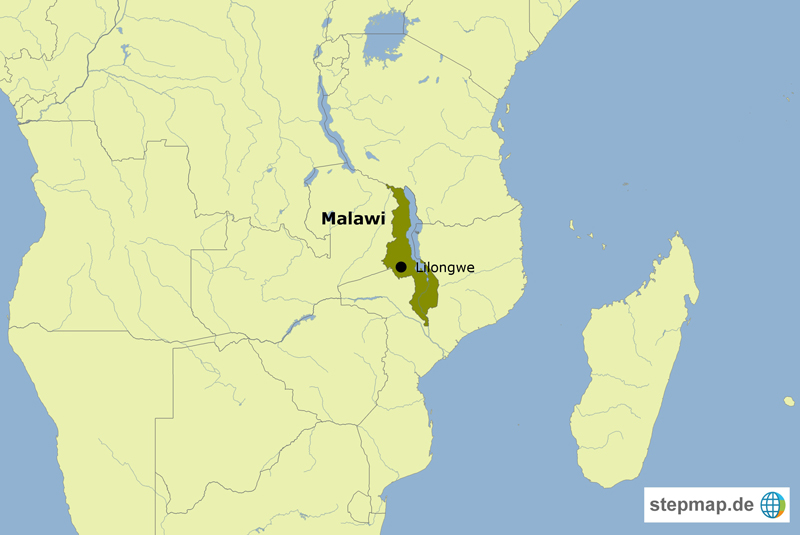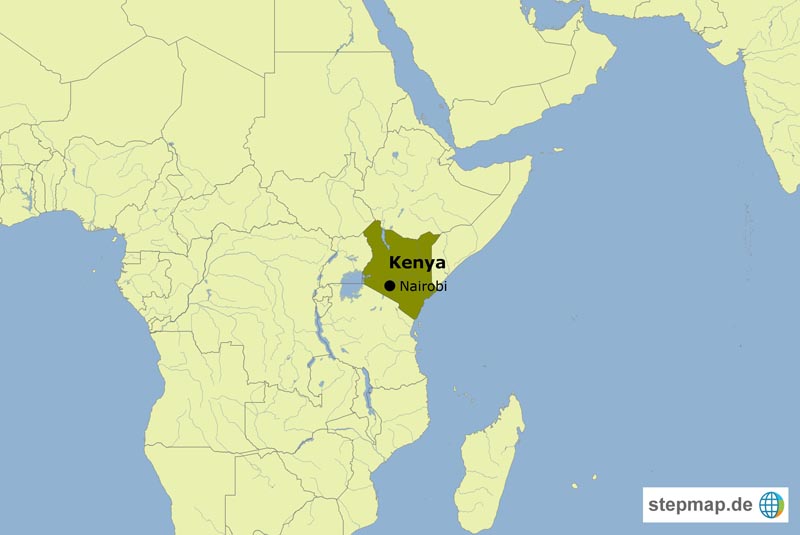Employment
The urgency of public works programmes

Africa needs about 20 million additional jobs every year. Even successful growth-oriented policies will hardly generate so many jobs. Without those jobs, however, Africa’s young population will become ever more frustrated and alienated. Governments must rise to the challenge (see Hans Dembowski in Focus section of D+C/E+Z e-Paper 2020/04). Revitalising African economies after the coronavirus crisis will require even more attention to jobs.
In China, labour-intensive PWPs were drivers of rural development in the 1980s. These schemes built local infrastructure and employed masses of people. A similar approach has proven useful in India in the past ten years. A national rural employment guarantee was introduced in 2005. Its promise is that one person from every poor rural household gets 100 days of employment at the national minimum wage in infrastructure construction. The share of participating women is high.
African policymakers have taken note, and the idea is not just to alleviate the poverty of disadvantaged communities. The point is that PWPs help to promote productivity and economic growth, especially in rural areas. For these reasons, PWPs are back on Africa’s agenda and have expanded fast across the continent. Their number increased from only a handful in 2005 to about 50 in 2015, according to the World Bank. No other kind of social-assistance programme has expanded this fast.
Nonetheless, national budgets still only allocate rather small sums to PWPs. It would make sense to extend coverage and improve quality. So far, African PWPs have focused on improving agriculture-related infrastructure. Activities typically relate to irrigation, reforestation, soil conservation as well as rural road construction and maintenance. More recently, PWPs have also been designed to benefit young people and informal businesses in urban areas. The expectation is that the schemes will not only employ disadvantaged people immediately, but also improve their opportunities in the long run.
PWPs potentially have a triple impact:
- they directly benefit the people they employ,
- they change labour-market demand and can thus lead to higher wages in general, and
- the public goods they deliver improve the business environment.
Of course, the impacts vary across countries and contexts. There is clear evidence, however, of PWPs improving poor people’s lifes. In particular, they can empower women and youth.
PWP success obviously depends on prudent design and good implementation. Objectives must be defined clearly. Wage levels must be considered well, so they do not disrupt other businesses. Construction work must be scheduled at times when underemployment is especially pronounced.
African state capacities tend to be weak. Well-designed PWPs, however, can boost state capacities and thus enhance governments’ scope for achieving development goals. It is important to learn from experience within Africa and to take into account China’s and India’s success stories.
Success is not only possible – it is evident in many places. In rural Ethiopia, for example, the Productive Safety Net Programme (PSNP) combines a PWP with other agriculture-related measures and food-security activities. As research has shown, livestock holdings have increased as a result, and the hunger season was shortened. Private investments and transfers were not hampered.
Policymakers should heed the following messages:
- PWPs are a key strategy to address poverty and unemployment among low-skilled people in Africa. The time to act is now.
- PWPs need to be implemented with complementary interventions, with particular attention paid to facilitating agricultural development.
- PWP impacts improve when gender issues are taken into account.
- PWPs need to be monitored and evaluated so lessons are learned.
As always, policies must be designed and implemented well – and PWPs are a good area for governments to shore up their act.
Link
Sakketa, T. G., and von Braun, J., 2019: Labour-intensive public works programs in sub-Saharan Africa: Experiences and implications for employment policies. ZEF Working Paper 180.
https://www.zef.de/fileadmin/user_upload/ZEF_WP_180.pdf
Joachim von Braun is the director of Bonn University’s Center for Development Research (ZEF).
jvonbraun@uni-bonn.de
Tekalign Sakketa is a senior researcher at the ZEF.














